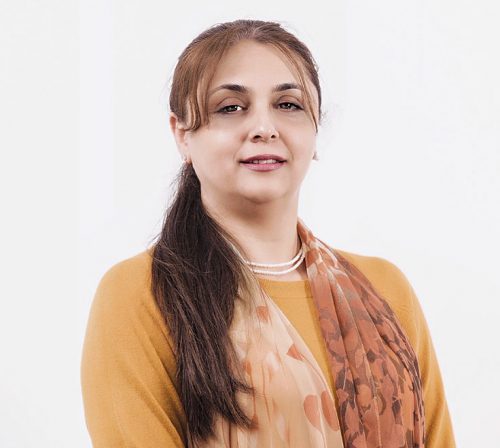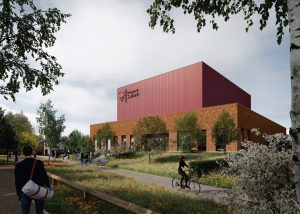University collaborates on £200k EdTech AI platform development

Ormskirk’s Edge Hill University is working with national education and training specialists, The Progress Group, to develop pioneering digital technology that will use artificial intelligence (AI) to shape a student’s learning and development in alternative provision.
It follows The Progress Group securing a £200,000 investment from InnovateUK.
Working with Edge Hill, Progress Schools, a subsidiary of The Progress Group, will build on research and edtech already in development, moving to a new phase of innovation that will create individualised learning for students unlike anything yet created for the sector.
Progress Schools is a North West based organisation nationally operating 13 independent secondary schools across England, from Tees Valley to High Wycombe. It provides supportive and inspirational teaching to 11 -16-year-olds at Key Stages 3 and 4 which is appropriate to their individual needs, with the aim of helping to ensure a positive progression post-16 or reintegration back into mainstream education.
The organisation specialises in offering alternative provision to students, many of whom have been diagnosed SEND/SEMH, or are awaiting diagnosis, and/or have been excluded from at least one mainstream school.
The Progress Group entered the Innovation Sprint Programme with Edge Hill in November 2021, as part of the ERDF-funded LCR High Growth Programme, with the aim of designing and building a quality efficient provision for Progress Schools fit for next generation of digital natives.
The vision encompassed an increase in the number of physical schools as well as an introduction of a Virtual Learning Environment for students. This sprint programme was as a direct result of the increased demand for alternative education provision following the COVID-19 pandemic which saw a surge in demand for specialist services where the individual needs of students are increasingly complex.
Progress Schools is aiming to harness new technologies to not just cope with demand but raise the bar on quality provision, while improving the student experience and ambition.
Desktop research conducted while working with Edge Hill found an increase of 12% in the number of young people being home schooled following the pandemic.
Market analysis has also shown a high number of fixed and permanent exclusions, especially in the North West and North East of England. The North East, for example, had a Permanent Exclusion Rate of 0.08 of all students on roll, and a suspension rate of 6.97. Further data shows that there were 473,300 children and young people with Education, Health and Care (EHC) plans as of January 2022, an increase of 10% from January 2021.
As part of the partnership work with Edge Hill, The Progress Group configured a Virtual Learning Environment (VLE) for Progress Schools, enabling them to meet the demands of the sector while raising aspirations of young people.
The VLE uses connects with BKSB and Britannia, digital content from various providers along with speech recognition and SSO technology to offer students an immersive and engaging virtual learning solution, all the while reducing workload for teachers and time for lesson planning.
Now in the second phase of development, thanks to the Knowledge Transfer Partnership funding, the product will use AI to help shape personalised learning and delivery, giving the business the opportunity to scale and provide a greater educational experience for students.
Transformation and innovation director of The Progress Group, Sumita Chopra, said: “Our students are diverse in their needs and learning styles, and belong to native digital generation. Therefore, we need to use technology to create innovative education solutions that will appeal to generation alpha and nurture ambition in those young people to achieve their potential.
“Artificial intelligence can help us to advance our technical capabilities much faster, and we are excited for the next phase of development for our virtual learning environment.”
Ms Chopra added: “Already we’ve been able to improve the quality of education provided to our students by connecting them with subject experts digitally. Our custom build ecosystem will allow us to advance and personalise their learning experience, inevitably supporting them to be more engaged with their education and take charge of their future.”
Through digitising its offering, Progress Schools will be able to work with students beyond the physical classroom, to support those being home-schooled and even, in time, those in the likes of youth offending settings.








